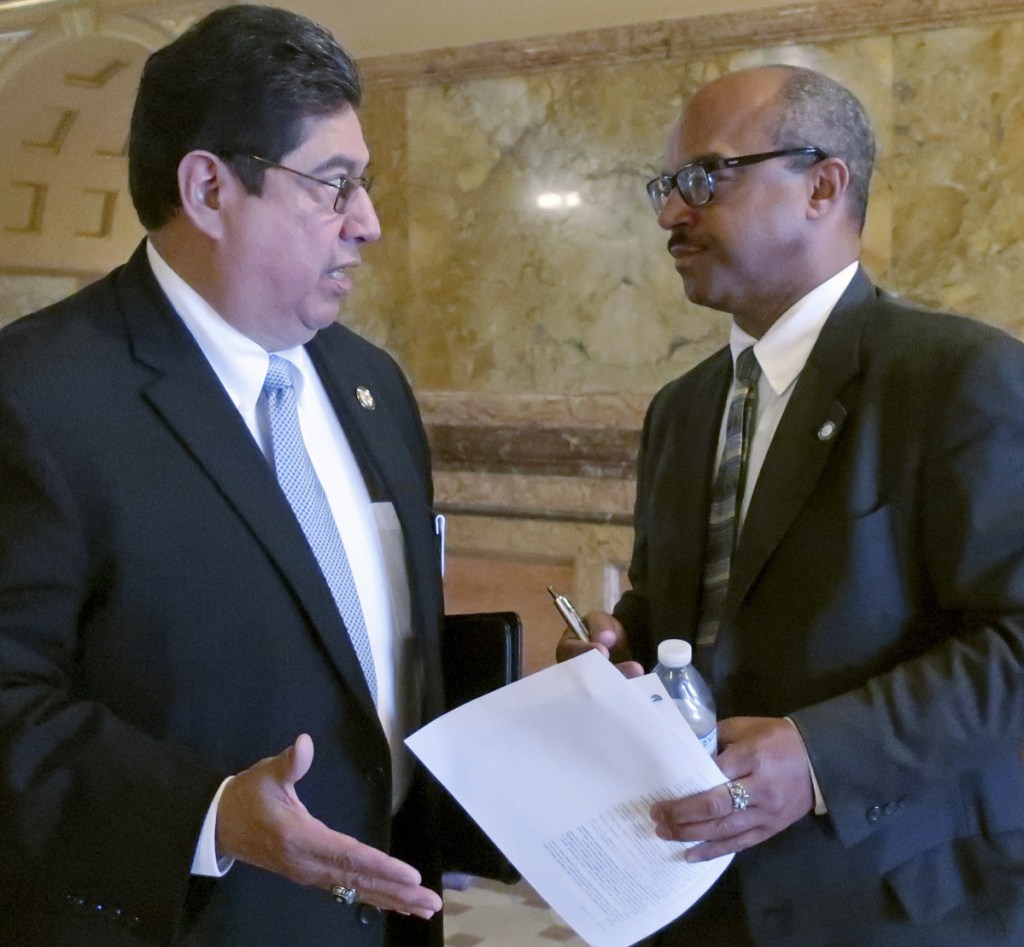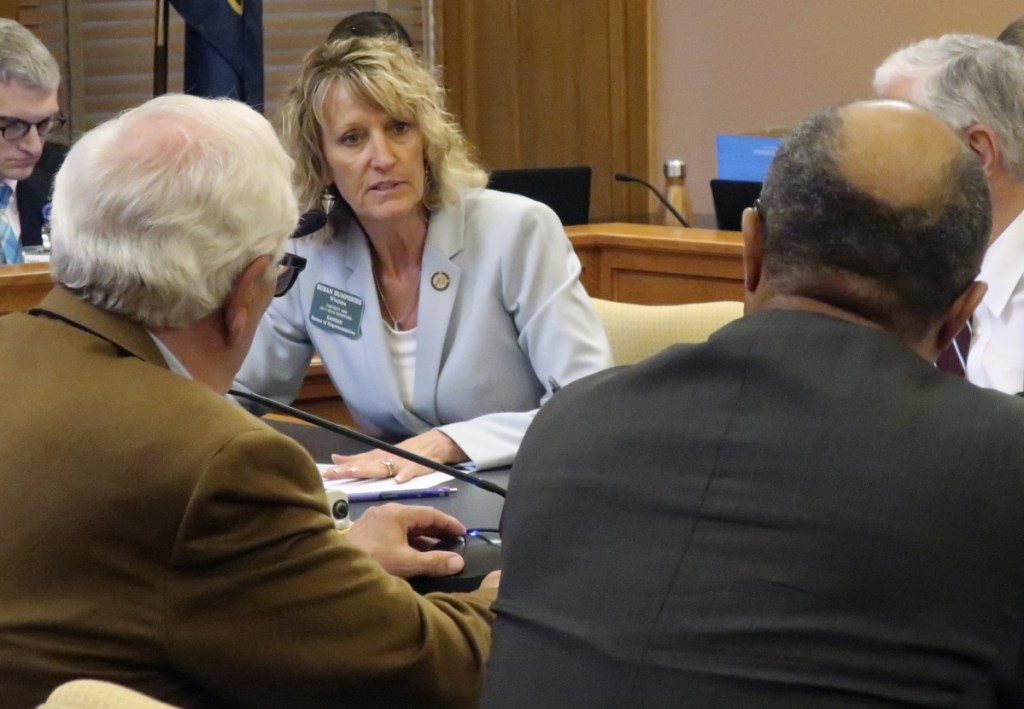TOPEKA, Kan. — State lawmakers in Kansas and Oklahoma have approved legislation to grant legal protections to faith-based adoption agencies that cite their religious beliefs for not placing children in LGBT homes.
Supporters of such measures argued that the core issue is protecting a group’s right to live out its religious faith, while critics saw them as attacks on LGBT rights. Both Kansas and Oklahoma have Republican-controlled legislatures and governors, but in Kansas, the proposal split Republicans.
The Kansas Senate approved a bill early Friday, 24-15, that would prevent faith-based agencies from being barred from providing foster care or adoption services for the state if they refuse to place children in homes violating their “sincerely held” religious beliefs. The House approved it late Thursday, 63-58.
The action in Kansas came after the Oklahoma House voted 56-21 for a similar measure, sending it to Gov. Mary Fallin. Kansas Gov. Jeff Colyer supported his state’s legislation, with his administration arguing that it would encourage faith-based groups to place more abused and neglected children in state custody.
Backers of the Kansas bill acknowledged that faith-based agencies have been operating in Kansas for decades without issue. But they fear that lawsuits or turnover among state officials could result in an environment hostile to some religious groups’ views. A few saw vocal opposition from LGBT-rights advocates as evidence that a shift could be coming.
“There is no homosexual agenda – I was told that, when people were saying that there was one, and now we find out, there is an agenda,” said Kansas state Sen. Steve Fitzgerald, a conservative Leavenworth Republican. “What was once tolerated is now becoming dominant and is intolerant – totally intolerant.”
LGBT-rights advocates argue that enacting such a law would sanction discrimination and support it with taxpayer dollars.
TechNet, representing some of the biggest names in tech, including Apple and Google, sent a letter to lawmakers in both states opposing their measures. Critics in Kansas worried that it would make the state look backward and even suggested it could hurt the economy.
“It’s going to say, ‘Well, there goes Kansas. They’re going to do something regressive, something discriminatory,” said Kansas state Sen. David Haley, a Kansas City Democrat. “Something like this is not healthy.”
Copy the Story LinkSend questions/comments to the editors.




Success. Please wait for the page to reload. If the page does not reload within 5 seconds, please refresh the page.
Enter your email and password to access comments.
Hi, to comment on stories you must . This profile is in addition to your subscription and website login.
Already have a commenting profile? .
Invalid username/password.
Please check your email to confirm and complete your registration.
Only subscribers are eligible to post comments. Please subscribe or login first for digital access. Here’s why.
Use the form below to reset your password. When you've submitted your account email, we will send an email with a reset code.